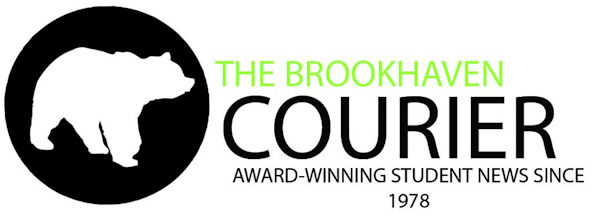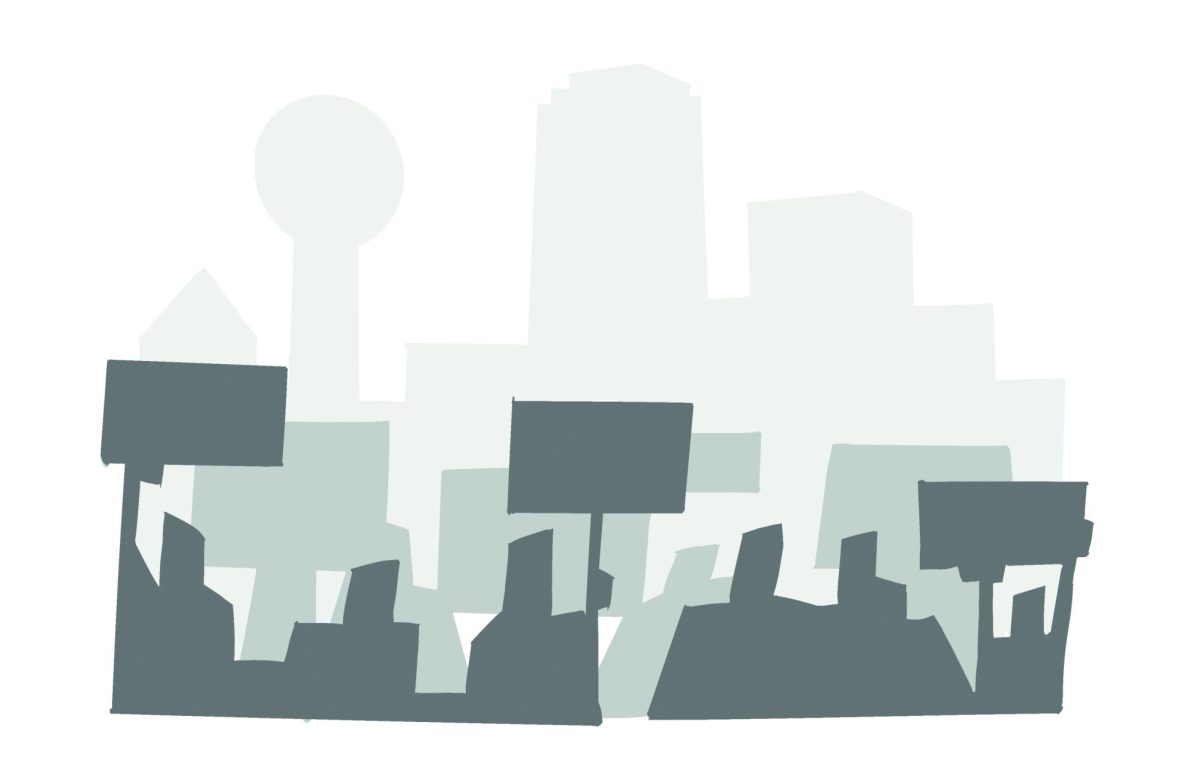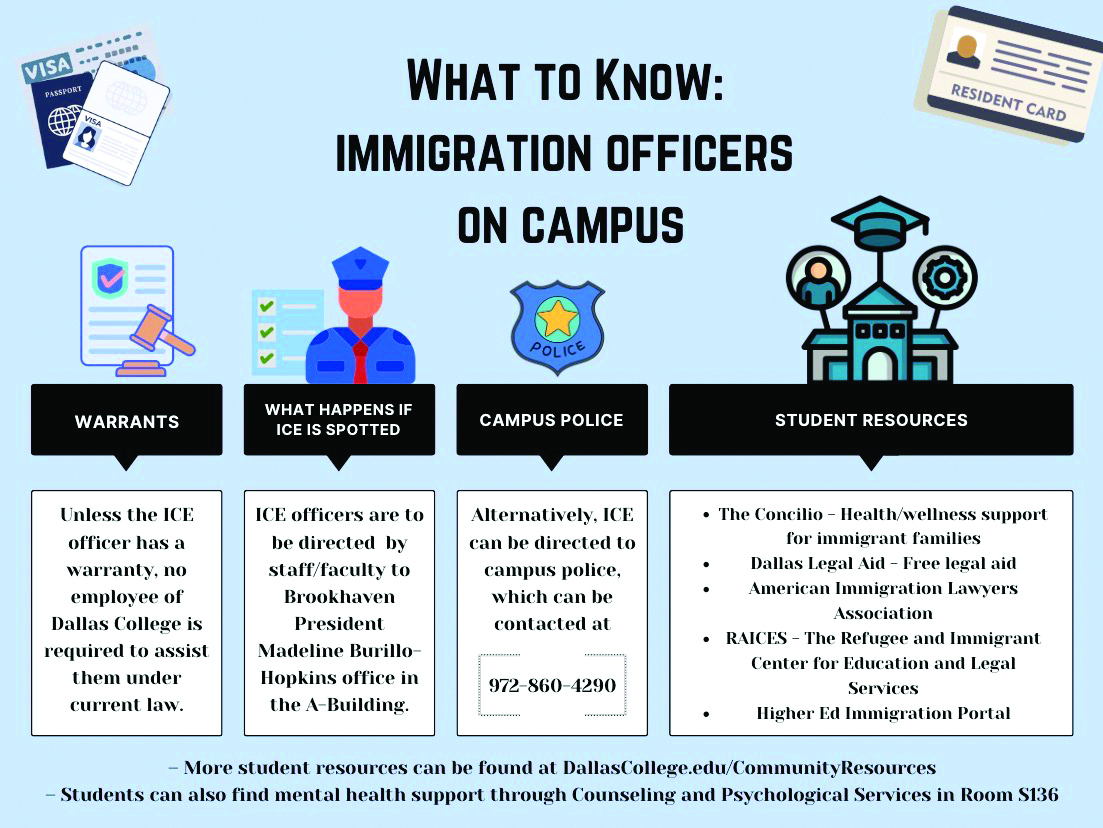By Carolyn Bossmann
Opinion Editor

Apps such as Yik Yak, Snapchat and Whisper have been marketed as anonymous, something users may have taken at face value. Lately, users of these apps have been receiving some backlash over content they have submitted – content that is actually not anonymous at all.
In recent months, there have been more than 10 incidents of college students using Yik Yak, an app that uses location to connect users in a message board-like setting, to threaten their schools or their fellow classmates, according to an article for The Huffington Post.
Recently, a Drake University freshman posted on Yik Yak that “Columbine will look like child’s play compared to what I’m going to do.” Yik Yak aided police by providing the student’s IP address.
Students using Yik Yak have “faced various charges for the posts, including felony for a computer threat to cause injury, unlawful use of a computer, harassment, disorderly contact and terroristic threats,” according to The Huffington Post.
In addition, some of the schools have taken disciplinary measures against the students, the article reported. One of the schools, Norwich University in Vermont, blocked access to Yik Yak via the school’s computer system.
According to mashable. com, Yik Yak recently fixed an issue that made it easier for hackers to obtain users’ information. Despite the app’s compromised security, it is gaining popularity.
Promises of anonymity give users a sense of freedom, while the information is being stored without their knowledge. App users embraced Snapchat, an app that allowed them to send photos that were supposedly permanently deleted after a certain amount of time. Soon after the app’s release came multiple reports the Snapchat app was actually saving all of the photos taken by users, according to the Daily Mail.
“The app’s code suggests that it isn’t a bug; the developers appeared to have coded the app to do this,” reported the Daily Mail.
The saving of these photos resulted in phones being hacked and users’ photos being released to the public without permission.
Whisper, an app that allows users to write anonymous messages over a picture and calls itself the “safest place on the internet,” has been tracking the location of its users, “including those who have expressly opted out of geolocation services,” reported The Guardian.
Along with tracking its users, Whisper has been “sharing information with the U.S. Department of Defense,” according to The Guardian.
Whisper users generate more than 2 million messages a day, while it is still unclear whether the users know their location is being stored and shared, according to The Guardian.
While Whisper began with privacy policies claiming anonymity and no tracking, the app’s developers changed their policies to allow tracking of users just a few months ago. This was after more than two years of the app doing so regardless of the former policy.
According to an article on securityintelligence.com, “Anyone who thinks their posts are truly anonymous should disavow themselves of this notion by taking the time to read the end user license agreement.”
Barbara Ortutay, a columnist for The Associated Press, agreed, writing that anonymity has been fading in the past decade. Apps that claim to be anonymous, she said, are more like “anonymish.”












